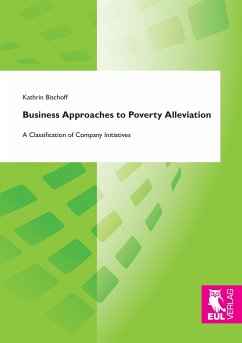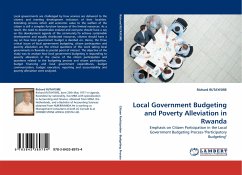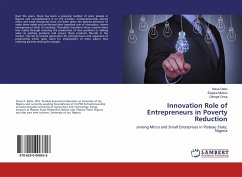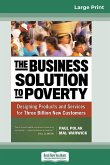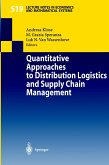Despite decades of development efforts, led by governmental and non-profit organizations, the issue of poverty prevails, with approximately 1.4 billion people living in extreme poverty. As a result of the failure of governmental and non-governmental actors to successfully address poverty single-handedly, the development community has turned its eyes towards the private sector, in particular on Multi-National Corporations (MNCs), as an additional contributing force. To enhance understanding within the research field of business and poverty, this thesis aims at investigating the potential and actual contributions of the private sector, in general, and MNCs, in particular, with regard to poverty alleviation. In order to address this research aim, in the theoretical part of this thesis the existing literature on the potential contributions of distinct business approaches to poverty alleviation is reviewed. Hereby, six business approaches ¿ being Business-as-Usual, Corporate Philanthropy, Microfinance, Bottom of the Pyramid, Social Entrepreneurship and Cross-Sector Partnerships ¿ as well as their variations and combination possibilities are investigated. This analysis leads to a classification of company¿s Poverty Alleviation Portfolio Approaches. The examination of the possible contribution of MNCs in theory is in turn complemented by the practical part of this thesis which studies the actual poverty-related initiatives undertaken by Fortune¿s global 100 firms in practice. Hereby, data is gathered on these 100 MNCs via a content analysis of company websites and Corporate Social Responsibility reports. Building upon the classification framework developed in the theoretical part, the Poverty Alleviation Portfolio Approaches of these MNCs are ultimately classified as inactive, reactive, active or proactive.
Hinweis: Dieser Artikel kann nur an eine deutsche Lieferadresse ausgeliefert werden.
Hinweis: Dieser Artikel kann nur an eine deutsche Lieferadresse ausgeliefert werden.

